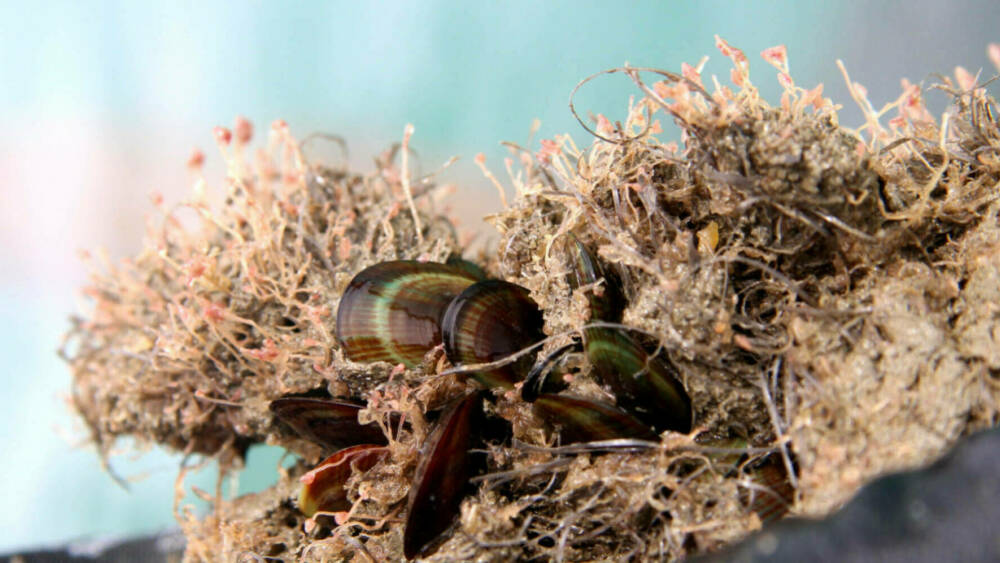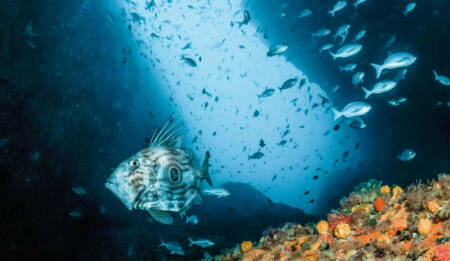Awhi Mai Awhi Atu: Enacting a kaitiakitanga-based approach to EBM
This project combines mātauranga Māori, western science and local kaitiakitanga to better understand the culturally and socially important shellfish species in Ōhiwa Harbour in the Bay of Plenty and how they might be sustained for future generations.

Background
Ōhiwa Harbour is situated within the ancestral homelands of Ngāti Awa, Te Ūpokorehe, Te Whakatōhea and Waimana Kaakū. It is steeped in the significant history of Māori who have lived and harvested here for centuries.
Shellfish, particularly the traditional green lipped mussel (Perna canaliculus), struggle to survive in its once abundant food basket. Mussels are an important intergenerational source of mātauranga Māori and food resources for Māori.
This project is part of the New Zealand government’s Sustainable Seas National Science Challenge / Ko ngā moana whakauka.
Project details
This project has been co-developed with hapū /iwi of Ōhiwa Harbour. It is supported by the Bay of Plenty Regional Council and the seven partners of the Ōhiwa Harbour Implementation Forum.
The approach is grounded in whanaungatanga, the principle of working in meaningful, genuine collaboration to influence how mātauranga Māori and western science can jointly recognise cultural values, knowledge systems and opportunities.
Project activities include co-development of models and tools, mapping, sharing of scientific information, and a feasibility study for a mātauranga Māori plant waste biotechnology.
Findings will be co-developed using a kaitiakitanga-based approach to ecosystem-based management (EBM) and shared with hapū /iwi, councils, te ropu kairangahau, and stakeholders across New Zealand and internationally.
What they hope to achieve
The project wants greater understanding of the harbour’s degradation and how intervention might help recover marine mahinga kai, taonga species, and rohe moana / traditional marine area.
It proposes more inclusive and multi-sectoral decision-making using a kaitiakitanga-based approach to EBM that will enhance the use of marine resources within environmental and biological constraints.
The key aim is to co-develop and co-produce marine research that actively positions tikanga and mātauranga Māori as a fundamental approach alongside western science for present and future generations.
The project will also identify co-development opportunities for a blue economy informed by mātauranga Māori principles of whanaungatanga / relational connectivity, kaitiakitanga, manaakitanga / generosity and rangatiratanga / authority.

Resource


